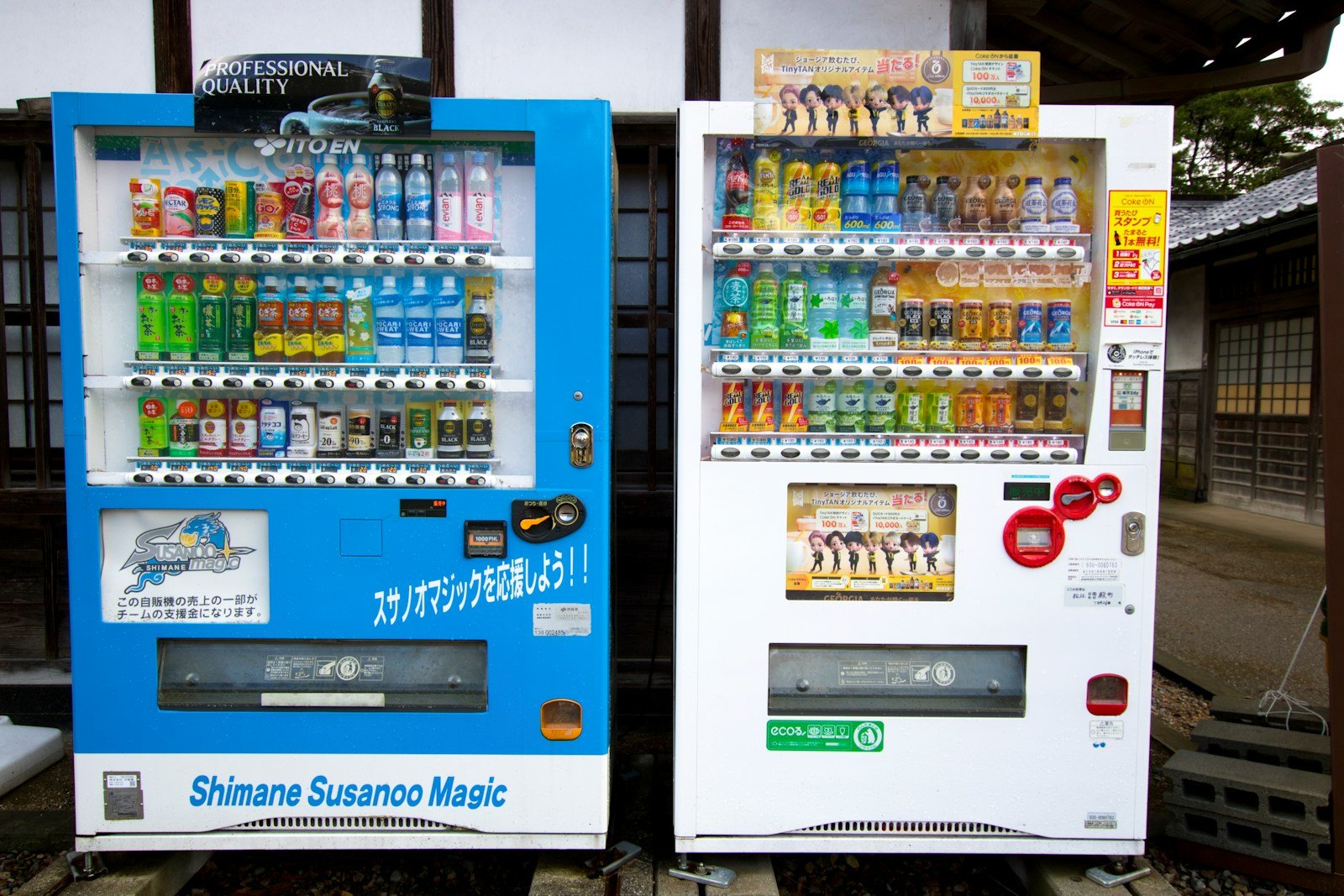Entrepreneurs in the vending machine business face a critical decision: whether to lease or purchase their vending machines. This decision significantly impacts both the financial and operational aspects of their business. Understanding the advantages and drawbacks of each option is essential for making an informed choice that aligns with business objectives and financial capabilities.
Financial Considerations in Leasing vs Purchase Vending Machines
Leasing vending machines typically requires less upfront capital, making it an appealing option for businesses with limited initial funds. This lower entry barrier allows entrepreneurs to start operations without heavy investment, which can be particularly beneficial for new entrants in the market or for those looking to test the waters before committing more resources.
The lease structure usually involves a fixed monthly cost, which can simplify budgeting and financial planning. These regular payments often include maintenance and servicing, alleviating the business owner from unexpected repair costs, which can be particularly advantageous for those who prefer predictable expenses.
However, over the long term, the total cost of vending machine leasing can accumulate and may exceed the cost of purchasing a machine outright. Therefore, businesses planning a long-term presence in the vending machine industry need to carefully consider the cumulative financial impact of vending machine lease or purchase over several years.
Operational Flexibility with Vending Machine Leasing
Leasing offers operational flexibility, which is crucial in a dynamic market. For businesses that need to adapt quickly to changing consumer trends or location dynamics, leasing allows for easier upgrades or changes to different models as market demands evolve.
Leasing agreements often come with support services like maintenance and technical assistance. This invaluable support can prove crucial, particularly for those lacking in-house technical expertise. It ensures minimal machine downtime and upholds service quality.
However, leasing agreements might impose restrictions or terms that limit machine usage location and conditions. Business owners need to carefully review these terms to ensure they align with their operational strategies and do not impose undue limitations.
Advantages of Purchasing Vending Machines Outright
Purchasing vending machines can be a substantial initial investment but offers long-term financial benefits. After paying off the machine, the owner reaps full profits without ongoing lease payments, possibly resulting in greater long-term profitability.
Ownership of the machines provides complete autonomy. Owners have the freedom to customize their machines as needed, choose optimal locations, and decide on the product mix without any restrictions from a leasing company. This level of control can be crucial for implementing a specific business vision and strategy.
The challenge of purchasing includes the responsibility for all maintenance, repairs, and upgrades. Owners must acquire technical expertise for task management or be ready to outsource, potentially increasing operational workload and expenses.
Evaluating Long-Term Business Goals and Growth in Vending Machine Lease vs. Purchase
The decision to lease or purchase should be aligned with the long-term goals of the business. Purchasing may be more suitable for businesses with a long-term, stable plan, while leasing offers flexibility that can be beneficial for businesses still exploring their market or planning rapid expansion.
The scalability of the business is an important consideration. Leasing can provide the agility needed to scale up or down quickly without the burden of owning a large fleet of machines, whereas purchasing may be more cost-effective for stable operations with predictable demand.
Business owners must also consider the resale value of the machines if purchased. Vending machines can depreciate over time, and the ability to sell or repurpose these assets in the future should be part of the financial calculation.
Assessing Cash Flow and Capital Expenditure in Vending Machine Investment
Cash flow is a crucial factor in the lease vs. purchase decision. Leasing can help maintain a healthier cash flow as it avoids a significant one-time expenditure, allowing businesses to allocate funds to other areas such as marketing, inventory, or expansion.
On the other hand, purchasing vending machines is a capital expenditure that can impact a business’s liquidity. The decision to purchase should be made in the context of the overall financial health of the business and its ability to absorb this initial expenditure without hindering other operational aspects.
Businesses must also assess the tax implications of both choices. Lease expenses are often deductible as business expenses, while ownership offers benefits such as depreciation. It’s wise to consult a financial advisor to gain clarity on these implications.
Balancing Risk and Reward in Vending Machine Acquisition: Exploring Lease vs. Purchase Options
Both leasing and purchasing come with their own set of risks and rewards. Leasing reduces financial risk and offers greater flexibility, which can be ideal in a volatile market or when testing new business concepts.
Purchasing vending machines, with higher initial risk, promises greater long-term profit potential. After recovering the investment, net profits can rise significantly. The choice between vending machine lease vs. purchase profoundly affects a business’s finances. Leasing saves upfront costs but brings ongoing payments and restrictions. Ownership offers control and potential profitability
Balancing these risks and rewards involves a thorough analysis of the business environment, market trends, and the owner’s appetite for risk. A careful evaluation of these factors will guide the decision-making process, ensuring the chosen path aligns with both short-term needs and long-term business aspirations.
Conclusion: Vending Machine Lease vs. Purchase
In conclusion, deciding whether to lease or purchase vending machines is a multifaceted decision that requires careful consideration of financial, operational, and strategic factors. Business owners must weigh the pros and cons of each option in the context of their specific business goals, financial situation, and market conditions. Whether opting for the flexibility and lower upfront costs of leasing or the long-term profitability and control of purchasing, the key is to make an informed decision that positions the vending machine business for sustainable growth and success.

